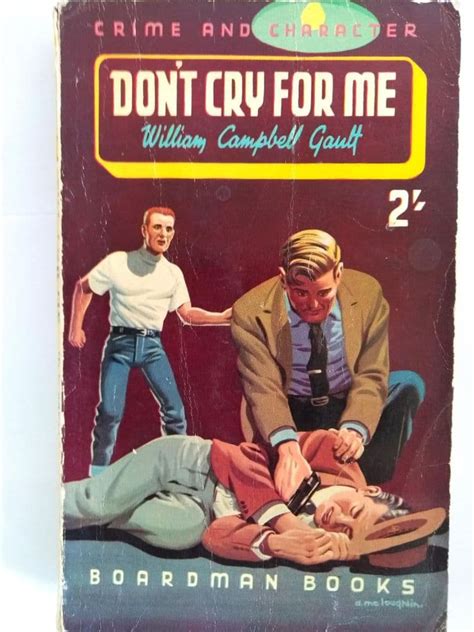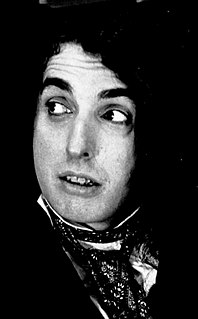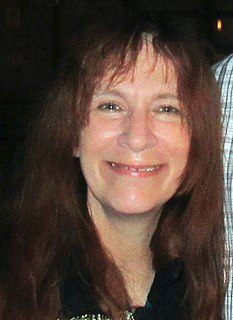A Quote by Jennifer Egan
My first attempt at writing a novel was horrible. I had to throw it away. But I stuck with the idea, which is what became 'The Invisible Circus.'
Related Quotes
My first attempt at writing was very unstructured and formless, with shifting points of view. I was trying to understand how long form might work, and I realized I had something shapeless. It was a total car wreck. But I still felt I could pull it off. So I ditched that attempt and started writing in the opposite manner, in first person, with a driving narrative.
In the case of my second film The Fish Child (El Niño Pez), I had written the novel about 5 years before I made into a film. In the case of The German Doctor I had published the novel a year before I started writing the script, I even had another project to shoot. But I had this idea of the powerful cinematic language from the novel that I couldn't let go of.
Anthropological fieldwork is so much like writing a novel. Granted, you don't have the physical disruption and disorientation, but writing a novel is like entering a new culture. You don't know what the hell is going on. And every day you feel like you have nothing, you're going nowhere. Or you feel that first it's going somewhere, but then you get into that horrible middle part.
My cure for writer's block is to step away from the thing I'm stuck on, usually a novel, and write something totally different. Besides fiction, I write poetry, screenplays, essays and journalism. It's usually not the writing itself that I'm stuck on, but thing I'm trying to write. So I often have four or five things going at once.






































